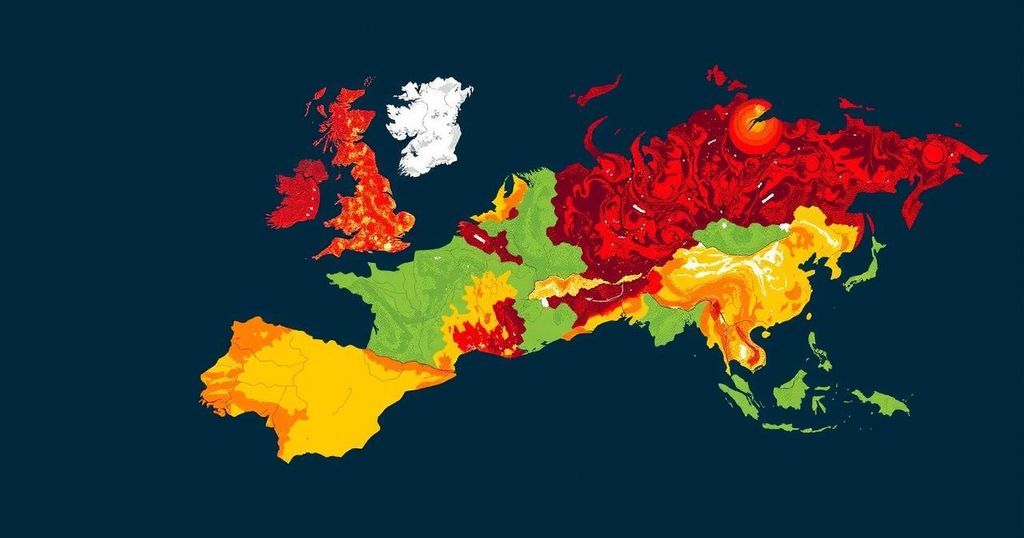At COP29, delegates from developing countries walked out of negotiations, rejecting a draft deal that proposed $250 billion annually by 2035 for climate funding. They argued that the provided funds were inadequate compared to the estimated $1 trillion per year needed to combat climate change effectively. Sierra Leone’s environment minister highlighted the negligence towards poorer nations amid increasing climate-related challenges.
Delegates from climate-vulnerable nations have expressed their profound dissatisfaction at the recent COP29 negotiations by staging a walk-out. The draft agreement presented aimed to allocate funding to the least developed countries to mitigate the impacts of climate change. However, the proposed pledge of $250 billion annually by 2035, while an increase from the previous target of $100 billion set 15 years ago, falls significantly short of the estimated $1 trillion needed each year to adequately address climate challenges. Sierra Leone’s environment minister voiced concerns regarding the seeming disregard for poorer nations, emphasizing their existential crisis as climate impacts intensify.
The negotiations at COP29 represent a critical juncture for global climate policy, particularly for developing states that are disproportionately affected by climate change. These countries often lack the necessary resources to implement effective adaptation and mitigation strategies. The ambitious $1 trillion annual funding target highlighted by experts reflects the true financial demands required to combat climate change and support vulnerable nations. The dissatisfaction of these nations at COP29 underscores the urgent need for a more equitable global financial framework that adequately addresses their challenges.
In conclusion, the walk-out by climate-vulnerable states at COP29 exemplifies a significant rift between developing nations and the proposed funding measures, which many consider insufficient. The reaction underscores the pressing need for more substantial commitments from wealthier nations to support those most affected by climate change. The ongoing negotiations must pivot towards a resolution that recognizes and addresses the financial needs of these nations to foster a sustainable global approach to climate resilience.
Original Source: www.independent.co.uk






